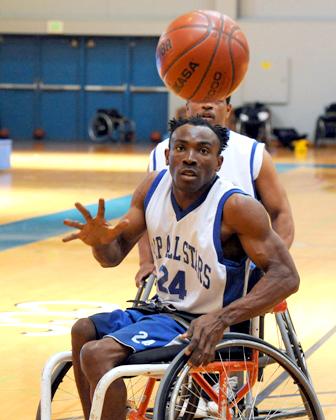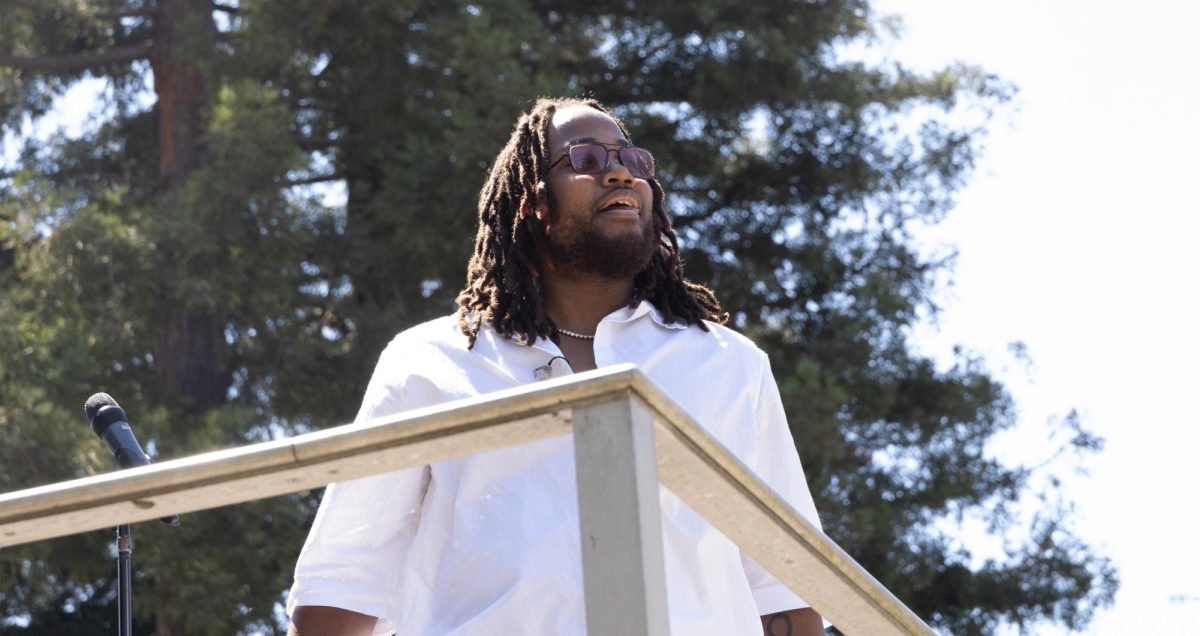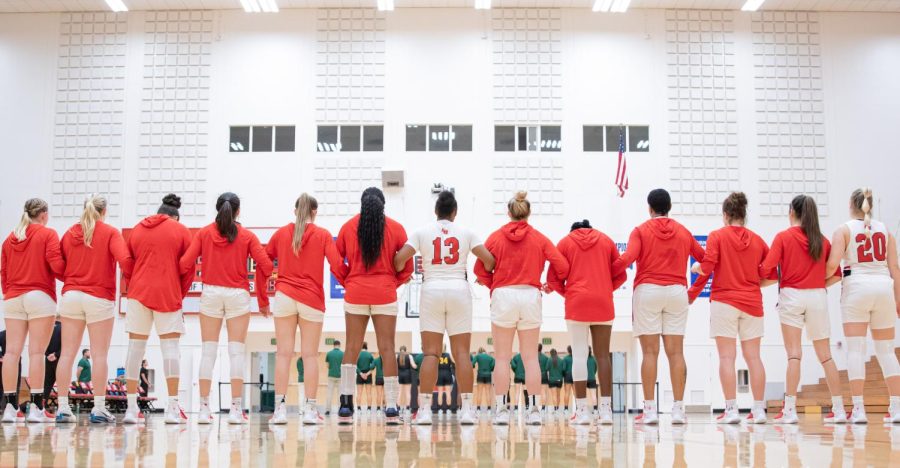 On the path to greater achievement, the Bay Area Outreach and Recreation Program (BORP) offers individuals with physical disabilities equal access to physical fitness, competitive sports and recreational programs.
On the path to greater achievement, the Bay Area Outreach and Recreation Program (BORP) offers individuals with physical disabilities equal access to physical fitness, competitive sports and recreational programs.
As a non-profit organization, the BORP seeks to improve the health, independence and social integration of people with physical impairments. Adult sports coordinator Jonathan Newman says the promotion of equal access through sports and recreation is the program’s primary goal.
“We believe that everyone in our society should have access to a range of activities in the ordinary course of their lives that encourages healthy lifestyles and encourages social integration,” said Newman.
The BORP offers participants an array of physical activities, which promote healthy competition and routine exercise. Youth and adult sports include wheelchair basketball, track and field, power soccer, handcycling and goalball—a sport catered to the visually impaired.
Located in Berkeley, participants also have the ability to access the BORP fitness center, which offers fitness classes to individuals with and without physical disabilities and encourages the use of workout equipment.
Founded in 1976 by individuals with disabilities, the program was established to compensate for the absence of recreational programs specifically for individuals with physical impairments.
What initially started as a student-run program at the University of California, Berkeley, grew to become a Bay Area organization that provided an outlet for a large population that has been left out in the past, BORP staff said.
Nearly 50 million people nationwide have some level of physical disability; of that 50 million, 868,000 are Bay Area residents, according to the latest U.S. Bureau Statistics.
Newman says the program’s utilization of recreational sports and outdoor activities helps to unite this underrepresented population.
“Sports is such a big part of our society that it creates a meeting place for people who might be substantially different from each other, but one thing in common,” said Newman.
In addition to providing various recreational activities, the BORP is dedicated to breaking social barriers by increasing minority participation.
Funded by a grant received from the U.S. Department of Education Rehabilitative Services, the organization recently launched a campaign that specifically focuses on increasing the number of minority and immigrant participants in various programs BORP offers.
The outreach project has a goal of gathering 400 new minority individuals with disabilities to educate and inform them of the many alternative recreational options that are accessible to them.
A project stemming from statistical research, the minority outreach campaign recognizes that getting the adequate amount of exercise is difficult for the physically impaired.
Nearly 60 percent of the disabled population does not participate in any form of physical activity, while the U.S. Census Bureau reports that African-Americans, Hispanics, and mixed raced individuals are more likely to have a disability than Asians and Caucasians and are less likely to engage in exercise, according to the U.S. Department of Health and Human Services’ 2010 Healthy People Report.
In hopes to reverse these statistics, the BORP relies on staff and volunteers to provide a variety of educational and recreational programs.
By embracing sports as more than merely a recreational activity, the BORP staff utilizes sports to interact and connect with participants while teaching them life lessons.
“[The program] helps to not only be physically fit but promotes teamwork, teaches you to set goals, organize time [and] to get along with all different types of people,” said Newman.
Newman added that there has been significant amount of input and involvement from the community. The program receives funding from grants, foundations, corporations and individual donations.
“[The BORP] has made a great impact on many lives,” said Director of Development Lela DaVia.











